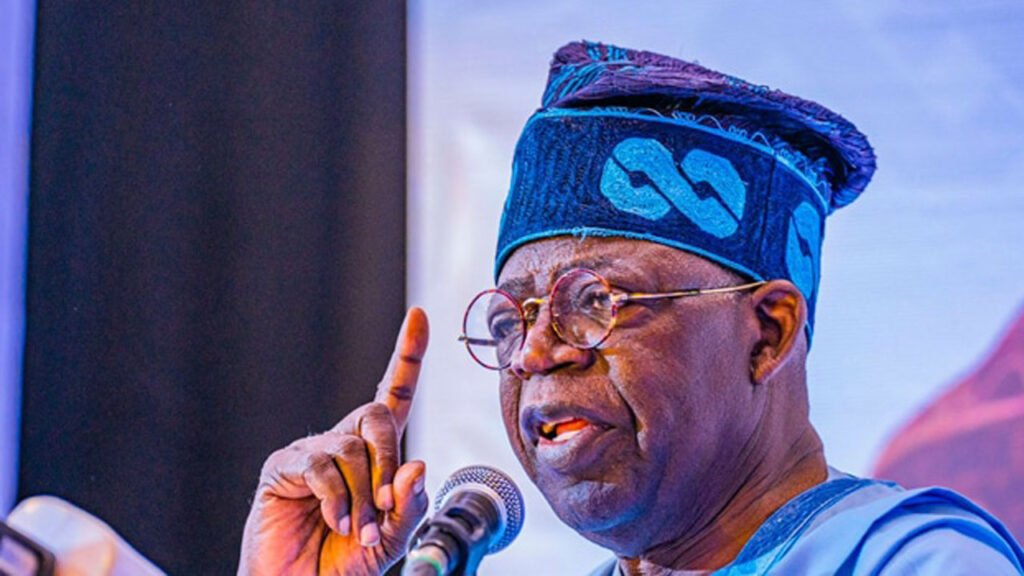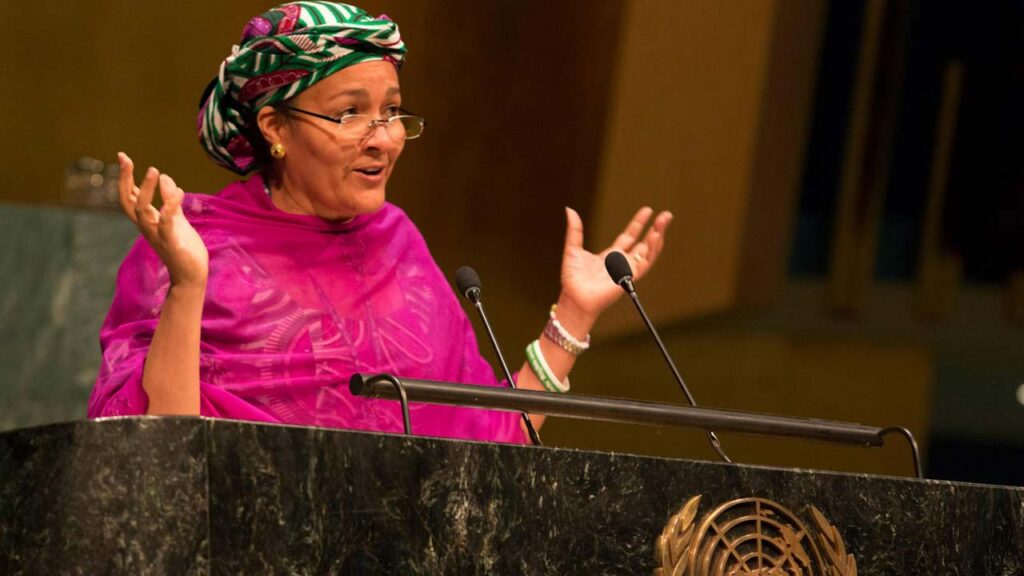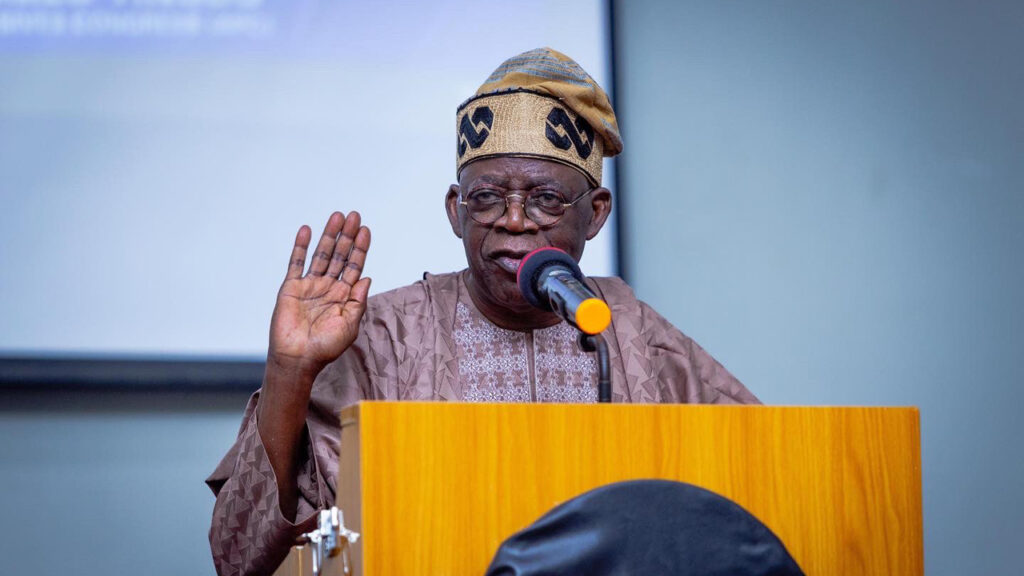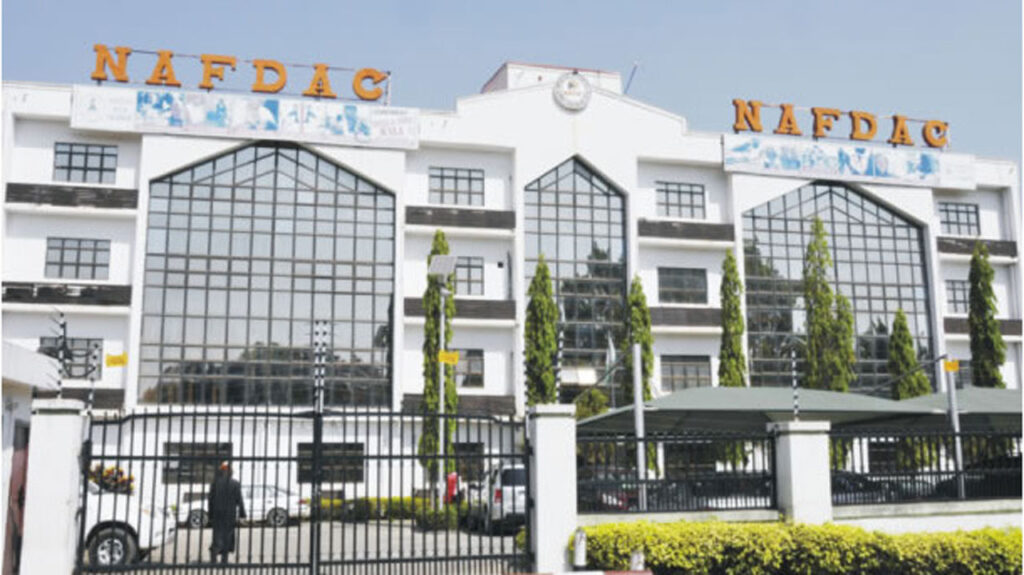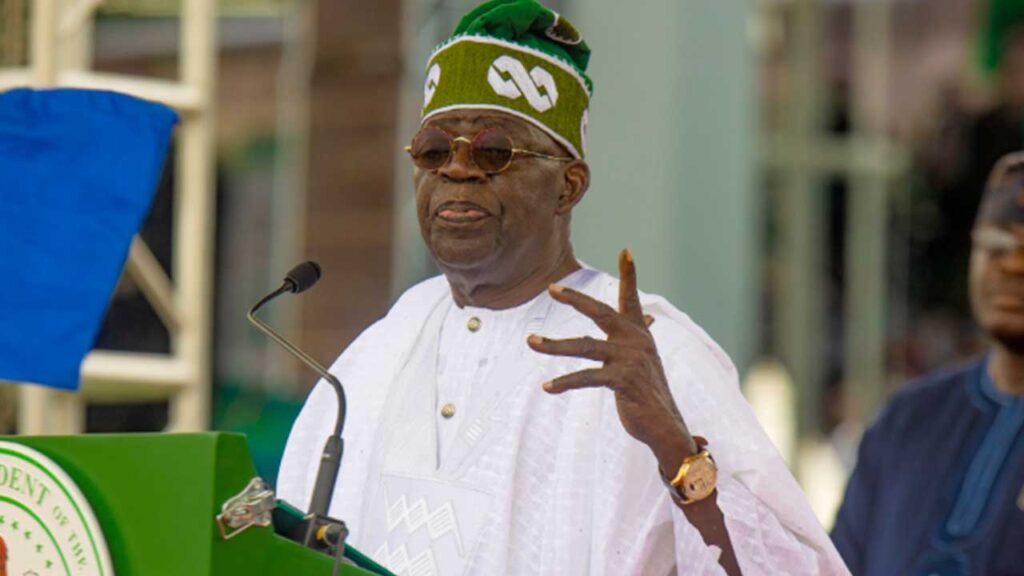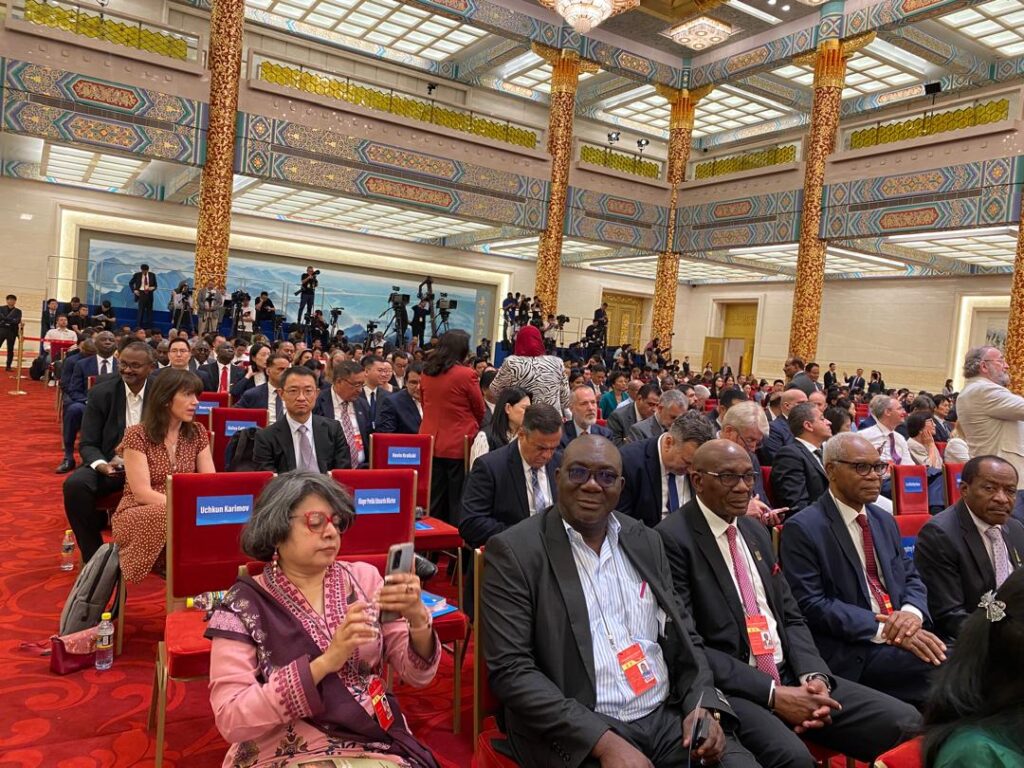• New wage may emerge in August, says Osifo
• Figure above N62,000 will lead to litigations, job losses, NECA warns
• Catholic bishops urge parties to dialogue, be realistic in negotiations
President Bola Tinubu will consult with the 36 state governors and members of the organised private sector before adopting a figure for the New Minimum Wage Bill to be sent to the National Assembly.
Minister of Information and National Orientation, Mohammed Idris, disclosed this, yesterday, while briefing reporters after the Federal Executive Council (FEC) meeting chaired by Tinubu at the Presidential Villa, Abuja.
Idris explained that a memo on the report of the new minimum wage was presented to the council, but was stepped down because it is a national matter that had to do with the governors and the organised private sector.
He said after wider consultation with relevant stakeholders, the President, with informed knowledge, would then forward a figure that would become the new national minimum wage.
Recall that at the end of the tripartite committee meeting on the new national minimum wage, the government’s team and the organised private sector had offered N62,000 from the current N30,000. The organised labour comprising the Nigeria Labour Congress (NLC) and the Trade Union Congress (TUC), however, had demanded N250,000 living wage.
The President’s decision to consult relevant stakeholders came on the heels of a statement by NLC President, Joe Ajaero, wherein he said labour had expected the President to reach out to members of the tripartite committee to harmonise the figure. Ajaero had hinged his position on the fact that there was a stalemate at the end of the committee’s meeting.
The Minister of Information and National Orientation said: “I want to inform Nigerians here that the FEC deliberated on that (report of the tripartite committee on new national minimum wage) and the decision is that because the new national minimum wage is not just that of the federal government, it is an issue that involves the federal government, the state governments, local governments, and the organised private sector and of course, the organised labour.
“That memo was stepped down to enable Mr President to consult further, especially with the state governors and the organised private sector, before he makes a presentation to the National Assembly, before an executive bill is presented.”
He added: “I want to state that on the new national minimum wage, Mr President is going to consult further, so that he can have an informed position because the new national minimum wage, like I said, is not just an issue of the federal government.
“It affects the state governments, it affects the local governments, it also affects the organised private sector, and that is why it is called national minimum wage. It’s not just an affair of the federal government. Mr President has studied the report and he’s going to consult wider before a final submission is being made to the National Assembly.”
Relatedly, TUC President, Festus Osifo, said the new minimum wage law is likely to emerge in August after consultation with relevant stakeholders.
Receiving a delegation from Kogi State, led by Special Adviser to the State Government on Labour Matters, Onuh Edoka, Osifo urged the federal government to expedite action on early conclusion of negotiations.
He said: “We know that before the end of July or early August of this year, a new national minimum wage would have emerged after consultation with all the relevant stakeholders by the federal government. The two labour centres are working on achieving that.”
The TUC chief said the anticipated wage will enhance the purchasing power of households that are under serious economic pressure due to high prices of food and other necessities.
He urged state governments and all employers of labour to begin plans for immediate implementation of the new wage, saying: “I would like to advise all employers of labour to begin to put money somewhere to pay the new minimum wage when it becomes operational, just like some states are doing right now. Both TUC and NLC will begin the enforcement of the new wage as soon as President Bola Tinubu gives assent to the bill.”
THIS came as Director General of the Nigerian Employers Consultative Association (NECA), Adewale Oyerinde, cautioned the federal government against approving any figure above the recommended N62,000, noting that such an action would result in a plethora of court cases, loss of jobs, and closure of more businesses.
Speaking on the sidelines of the third edition of NECA’s employers’ summit in Abuja, Oyerinde argued that any figure above N62,000 will make employers unable to pay.
He said: “When we arrived at the N62,000, it was painfully done. The figure was arrived at after some concessions from the federal government such as a review of electricity tariffs and other incentives. If the figure is further moved up, more businesses will be forced to shut down. Most employers would be forced to sack their workers and social ills will increase.
“Workers who will not get the new wage will then approach the National Industrial Court to seek redress. Most of those cases will take years to conclude, and production will not function at full capacity.
“So, imagine thousands of workers in the court. Apart from that, there will be defaults by employers because of the inability to pay. The most worrying aspect will be job losses that will come. If employers are shutting down, how can they keep their workforce?”
On his part, President of NECA, Taiwo Adeniyi, lauded the federal government for embarking on bold reforms aimed at heralding a new economic paradigm for the country.
He said: “For the record, NECA has never opposed the removal of fuel subsidy. Both the removal of subsidy and floating of the naira are necessary for the growth of the economy. We can argue about the mode and the sorts of palliatives that have been introduced. There is no doubt that Nigerians are feeling the pains today but I believe the pains are temporary.”
MEANWHILE, the Synod of Charismatic Bishop Conference of Nigeria (CBCN), led by Archbishop Leonard Kawas, has waded into the minimum wage tussle.
In a statement after a conference in Abuja, CBCN called on the NLC to continue to engage with the federal government in negotiations, rather than going on strike and shutting down the economy. It noted that a resort to industrial action could worsen inflation and hardship. The Synod also pleaded with the federal government to dialogue with labour and factor in the current state of the economy.

